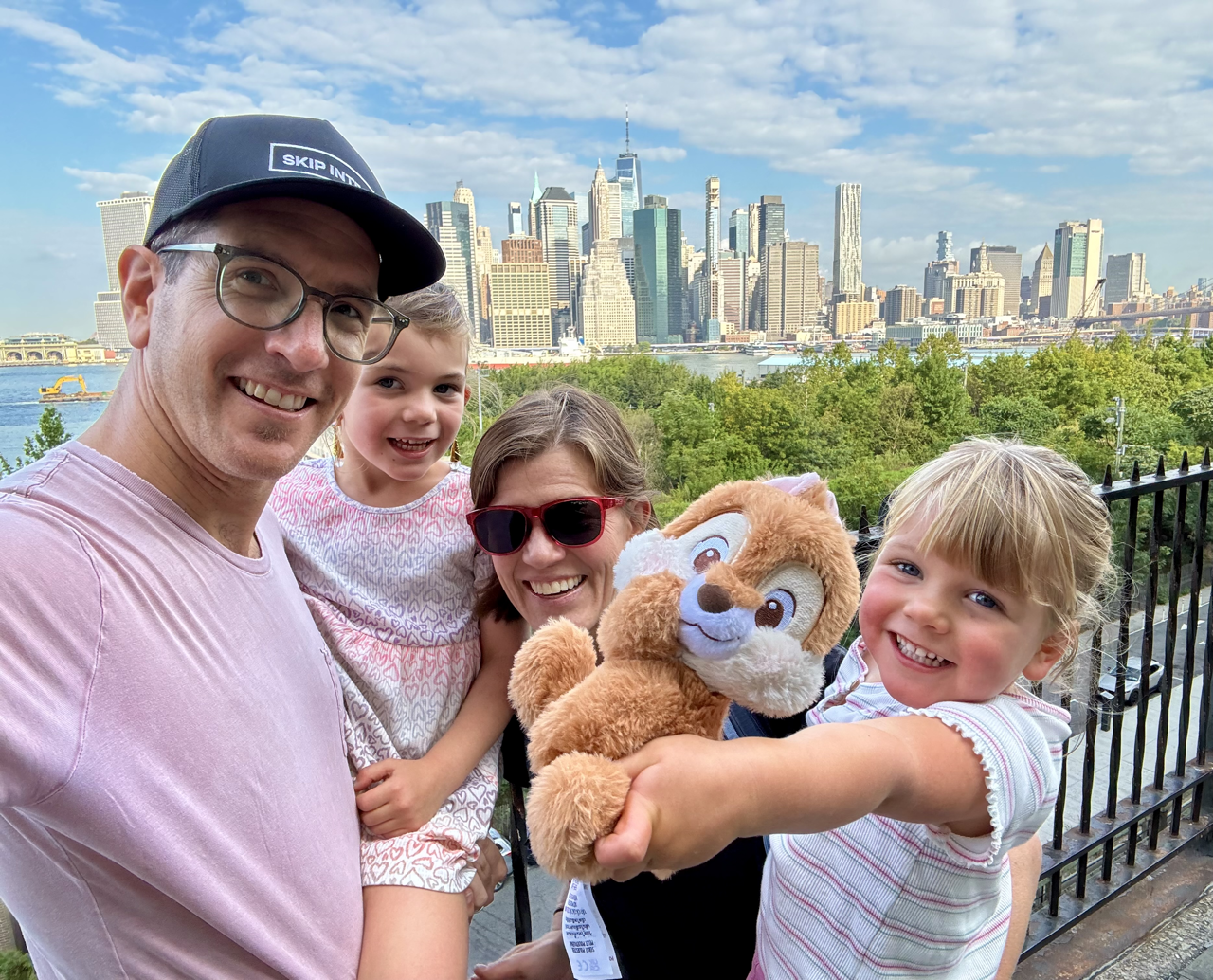I recently listened to a pair of podcasts from Stuff You Should Know (a fave) on the subject of ADHD and it got me thinking more about myself as an individual and a parent. For your listening pleasure, I present you Part 1 and Part 2. I think these are good listens for anyone.
Background
I was a problematic child. Behavioral issues, inability to function “properly” in a school setting, consistently earning grades less than I was capable of (B to B+ average with near perfect standardized test scores). I saw therapists in one or two stints, always dealt with guidance counselors, constant parent-teacher conferences, etc.
Nobody ever figured anything out as far as I know. I’m quite certain I could have been prescribed Ritalin, but my parents didn’t want to put me on medication. I seem to recall the reasoning being that you shouldn’t need “drugs” to solve what presented as a behavioral problem [Dad, if you’re reading this, chime in]. I also think there was something about an epileptic great-uncle who was on the drug, and it wasn’t entirely clear how the medication was affecting him [now that science has progressed, we know it likely wasn’t causing the issues they feared].
My struggles continued into college where I didn’t pay much attention in class, always forgot assignments, and was generally just always trying to keep my head above water.
Now
Have I been diagnosed with ADHD? No. I don’t think a diagnosis would change anything at this point; I’ve gotten through most of life and know how to manage things. And heck, I may not even be diagnosed; I recently took a number of online tests that ranked me around “average” or slightly above with apparently the most reliable putting me just barely into the clinical definition thanks in part to a very high “inattentiveness” score.
At the age of 43, luckily, I’ve developed systems. I write everything down, have an extensive task management system, and aside from having a lot of trouble keeping focused in meetings or remembering what Rebecca sent me to another room to do, things are managed.
I still have work to do on the meeting focus thing. This recently came up in my annual feedback cycle at work1 (we have a very strong feedback culture, which serves to make everyone better). This manifests itself in that I often don’t speak in meetings even if I do or should have valuable input. The problem on my end is that it is so hard for me to focus that I cannot devote enough mental energy to developing my own thoughts. After the meeting when I have time to really parse what I heard? I’ve got all the things to say, but unfortunately synchronous communication is a struggle.
Future
It’s incredible how far this field has come in the past 40 years. Gone are the days when neurodevelopmental issues were dismissed as mere “behavioral problems” to be treated with “drugs.” Today’s medications have been extensively studied, and in most cases, they’ve been shown to be safe and effective.
As a society2, we’ve grown so much in how we understand and support children with these challenges. Every generation seems to parent with more information than the last, and that gives me hope.
Perhaps the biggest driving force for listening to these podcasts and diving deeper into the subject is children. I want to better understand friends’ kids who have been diagnosed, and I want to better understand why my own children act the way they do sometimes and how I can help them; there is a genetic component to ADHD and I would not be surprised if it has trickled down in some capacity.
This subject does not end here for me. I still have questions and concerns, and I’ve noticed that every time I spend even a little time on parenting, whether by listening to a podcast, reading an article, or watching a short reel, it changes the way I approach things at home. For a couple of weeks afterward, I’m more patient, more creative in how I respond, and more tuned in to what my kids need. Time well spent and something I need to add to my routine.


Leave a Reply